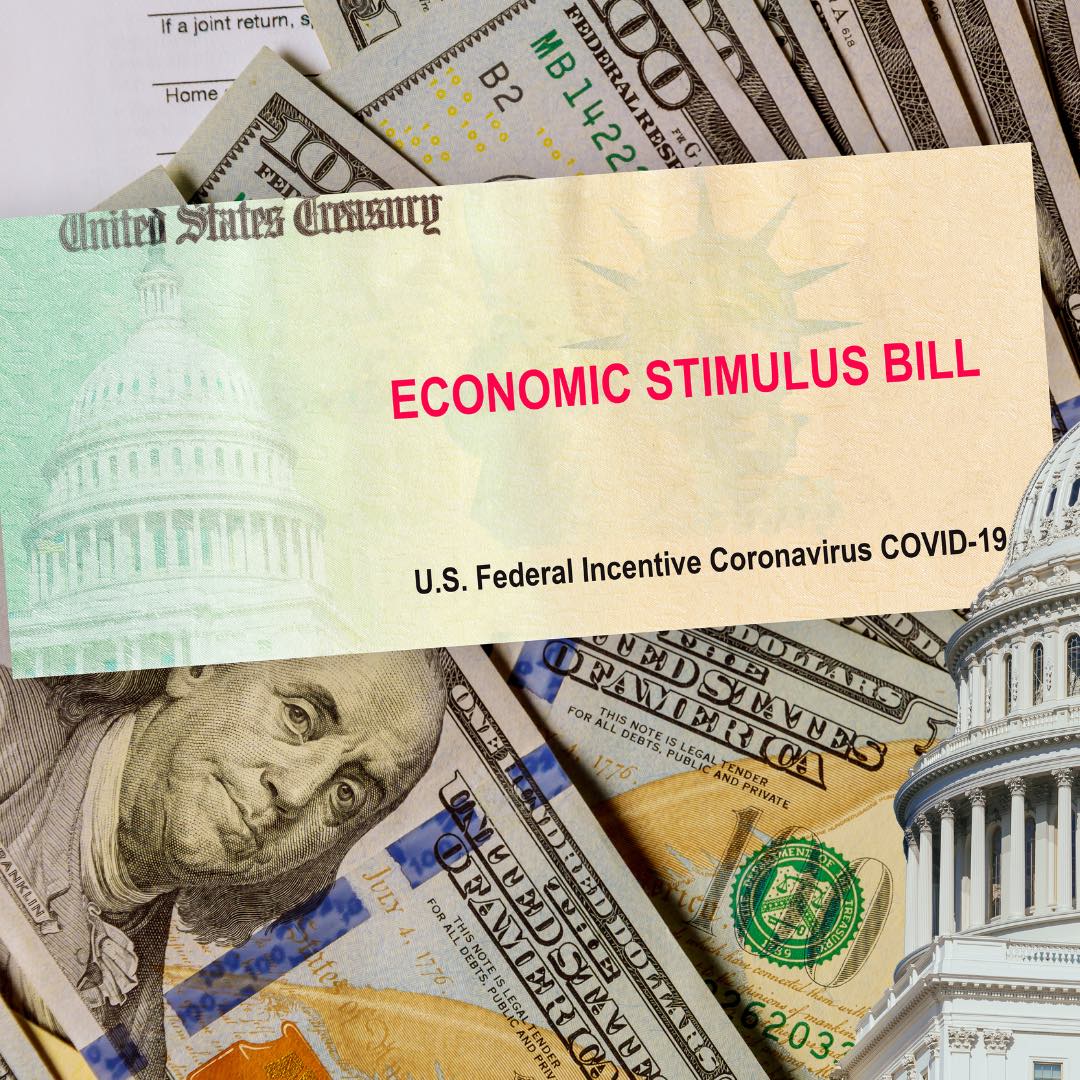Economic Impact Payments

Dear Clients and Friends,
The Treasury Department and IRS have announced that distribution of economic impact payments, made as part of the CARES Act, will begin in the next three weeks and will be distributed automatically, with no action required for most people. However, people who did not file 2018 or 2019 federal income tax returns will need to submit a “simple tax return” to receive the stimulus payment.
The Information Release answers the following questions:
Who is eligible for the economic impact payment? Tax filers with adjusted gross income up to $75,000 for individuals and up to $150,000 for married couples filing joint returns will receive the full payment. For filers with income above those amounts, the payment amount is reduced by $5 for each $100 above the $75,000/$150,000 thresholds. Single filers with income exceeding $99,000 and $198,000 for joint filers with no children are not eligible.
Eligible taxpayers who filed tax returns for either 2019 or 2018 will automatically receive an economic impact payment of up to $1,200 for individuals or $2,400 for married couples. Parents also receive $500 for each qualifying child.
How will the IRS know where to send a payment? The majority of people do not need to take any action to provide IRS with a way to send them their payment. The IRS will calculate and automatically send the economic impact payment to those eligible.
How will the IRS calculate the amount of payment? For people who have already filed their 2019 tax returns, the IRS will use information from those returns to calculate the payment amount. For those who have not yet filed their return for 2019, the IRS will use information from their 2018 tax filing to calculate the payment. The economic impact payment will be deposited directly into the same banking account reflected on the return filed.
What should a recipient do if IRS doesn’t have his direct deposit information? In the coming weeks, Treasury plans to develop a web-based portal for individuals to provide their banking information to the IRS online, so that individuals can receive payments immediately as opposed to checks in the mail.
If a potential recipient is not required to file a 2018 or 2019 tax return, can that person still receive a payment? Yes. People who typically do not file a tax return will need to file a “simple tax return” to receive an economic impact payment. Persons who are otherwise not required to file a tax return will not owe tax.
Where can one get more information? The IRS will post all key information on IRS.gov/coronavirus as soon as it becomes available.
Please contact us with any questions you have.

